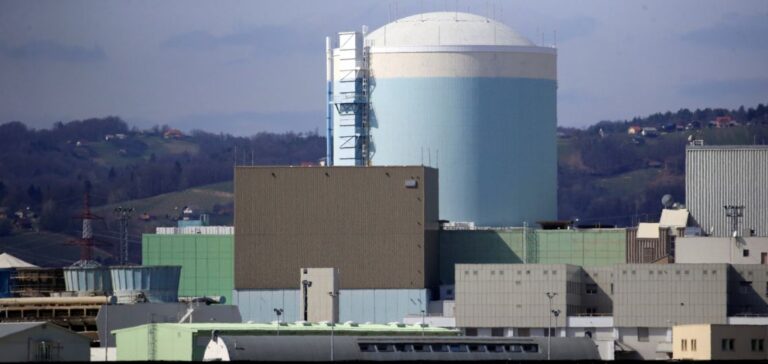GEN energija announces that the estimated construction cost for the new JEK2 nuclear power plant, according to its best internal assessment, is 9.3 billion euros for an installed capacity of 1000MW, and 15.4 billion euros for a capacity of 1650MW. This estimate, not based on binding offers from potential suppliers, will be subject to international scrutiny before the referendum scheduled for 2024. Slovenia plans to build the plant close to the existing Krško power plant, a 696MWe pressurized water reactor that generates around a third of the country’s electricity.
Strategic importance and economic impact
The JEK2 project is considered crucial to Slovenia’s decarbonization and energy security over the next 80 years. GEN energija expects to create 5640 new jobs over the next 10 years, and to involve local suppliers to a significant extent, with over 37% domestic participation in the project. The new plant could have a capacity of up to 2400MW, strengthening the Slovenian power grid and improving frequency regulation services.
Political commitments and outlook
Prime Minister Robert Golob has pledged to hold a referendum before the project is launched, suggesting that it could take place in late 2024. The current schedule calls for a final investment decision in 2028 and the start of construction in 2032. The Slovenian Parliament recently adopted a resolution on the long-term peaceful use of nuclear energy, including the JEK2 project and the proposed referendum. Dejan Paravan, CEO of GEN energija, said that three technology suppliers are currently being considered for the project: Westinghouse, EDF and Korea Hydro & Nuclear Power. Each supplier has its own advantages, making the final decision a complex one.
Safety and Stability of the Power Grid
GEN energija’s study of the Slovenian energy system examined options ranging from 1000 MWe to 2400 MWe. The key findings underline that, from the point of view of grid security and stability, the optimum size for JEK2 is up to 1300MW net electrical power. New sources of control services are needed, in particular to ensure manual reserve for frequency recovery.
Challenges and opportunities
The construction of JEK2 represents a major technical and financial challenge, but also a unique opportunity for Slovenia to strengthen its energy independence and reduce its carbon footprint. Public and political support will be crucial to the success of this ambitious project, with long-term implications for the country’s energy policy. By combining cutting-edge technologies with a strong commitment to sustainability, Slovenia is preparing to enter a new era of nuclear power generation, with substantial economic and environmental benefits.






















